But here’s how to find out: Scientists need to ask better questions — and big tech needs to help.
Tagged with article
"I needed to have a six pack," he said.
"I lost an insane amount of weight in my early 20s and was really unhealthy.
"I thought 'I've been wasting the last 10 years trying to be somebody else'."
Love it or hate it, parents have made their way on to social media, and seem to be there to stay.
It's a great way of staying in touch - and it's always amusing watching your parents attempt to take selfies or use emojis.
But if they share photos of you online without your permission - and have no understanding of privacy settings - have they crossed the line?
Instagram is teeming with these conspiracy theories, viral misinformation, and extremist memes, all daisy-chained together via a network of accounts with incredible algorithmic reach and millions of collective followers—many of whom, are very young. These accounts intersperse TikTok videos and nostalgia memes with anti-vaccination rhetoric, conspiracy theories about George Soros and the Clinton family, and jokes about killing women, Jews, Muslims, and liberals.
A BBC investigation has found extreme material encouraging and glamorising eating disorders on the social media platform Instagram.
It's disappointing to see people and organisations who should know better, sharing alarmist misinformation about Momo - again. I thought we'd dealt with this last time it appeared in our timelines on socialmedia.
However, if you believe a child is vulnerable, could easily be pursuaded by strangers to take their own life, and does not receive ongoing guidance and support from a parent or carer, then seek professional help for that child immediately.
The following article provides a clear overview of the Momo issue.
...And a flyer for parents by National Online Safety is here
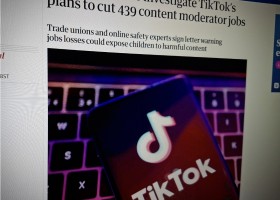
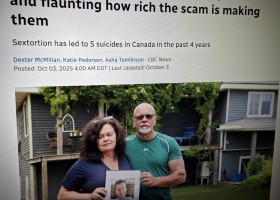
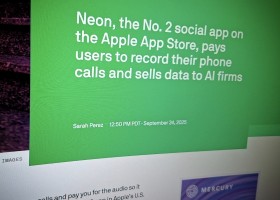
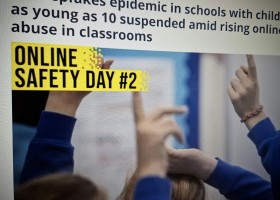
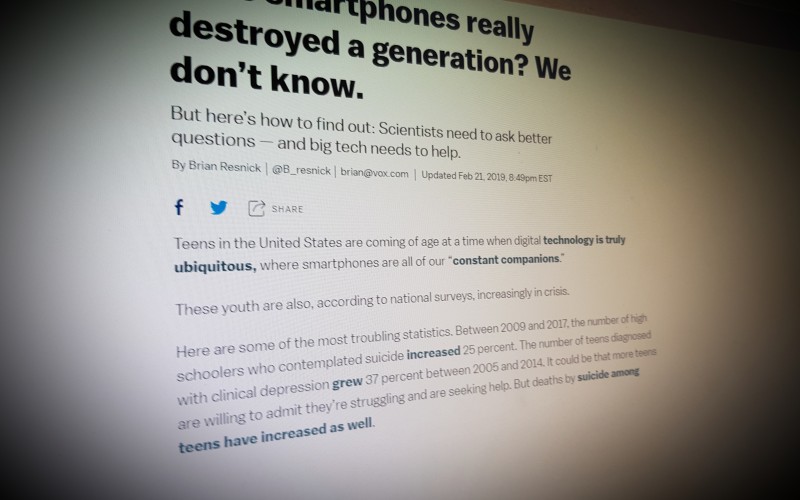
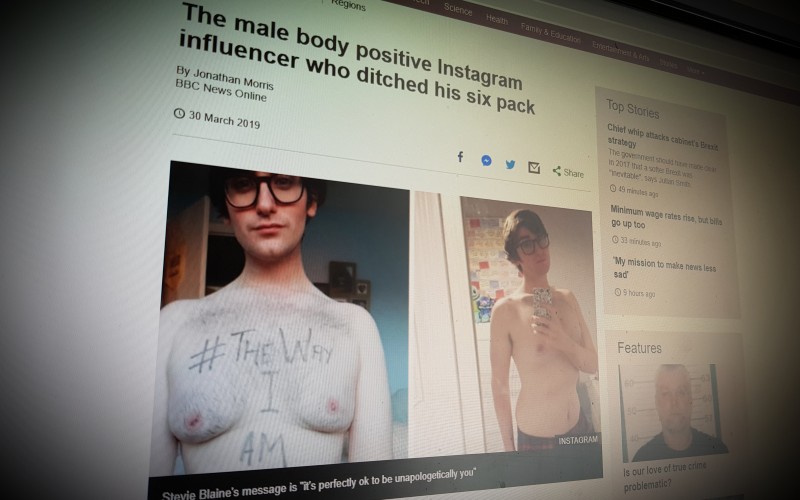
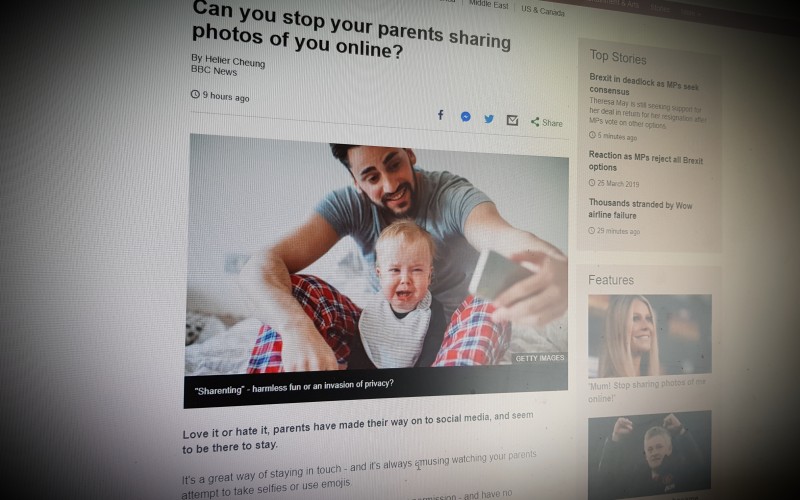
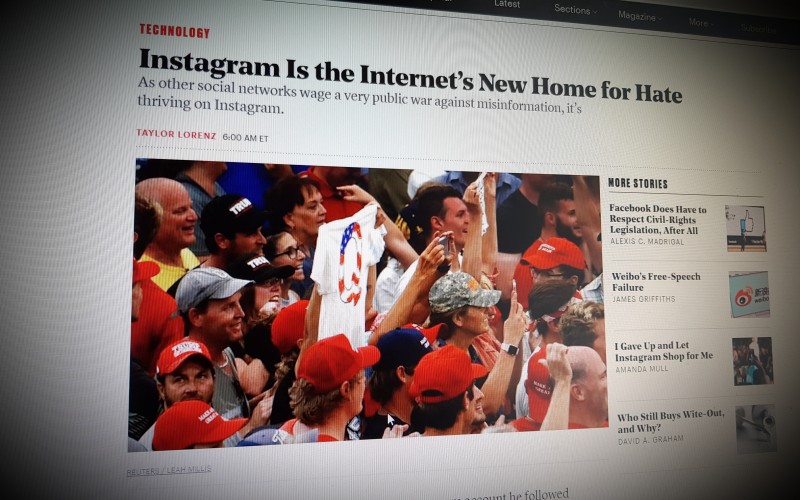
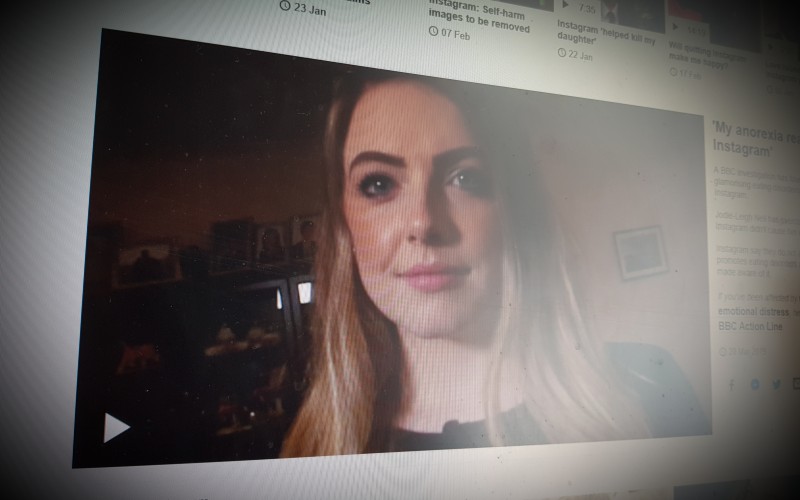
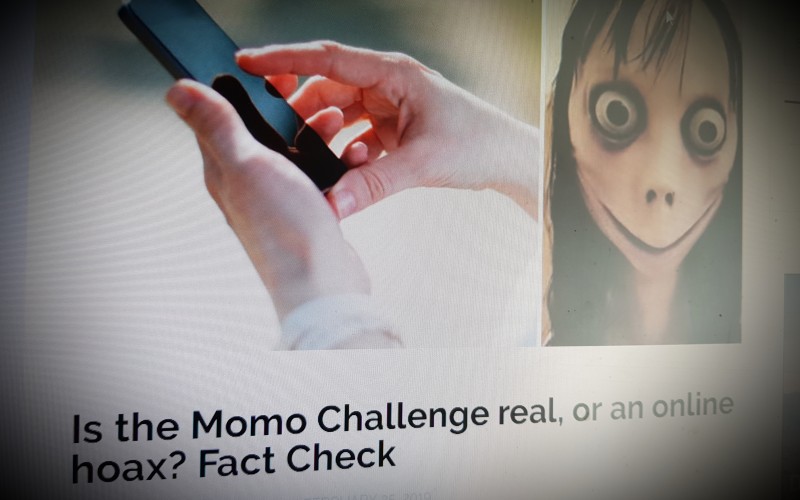
Comments
make a comment